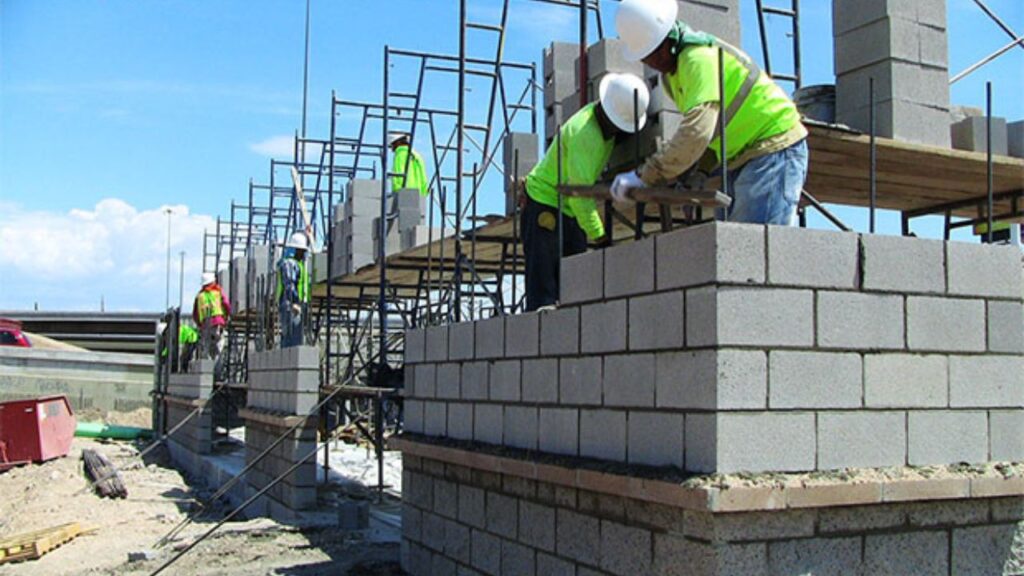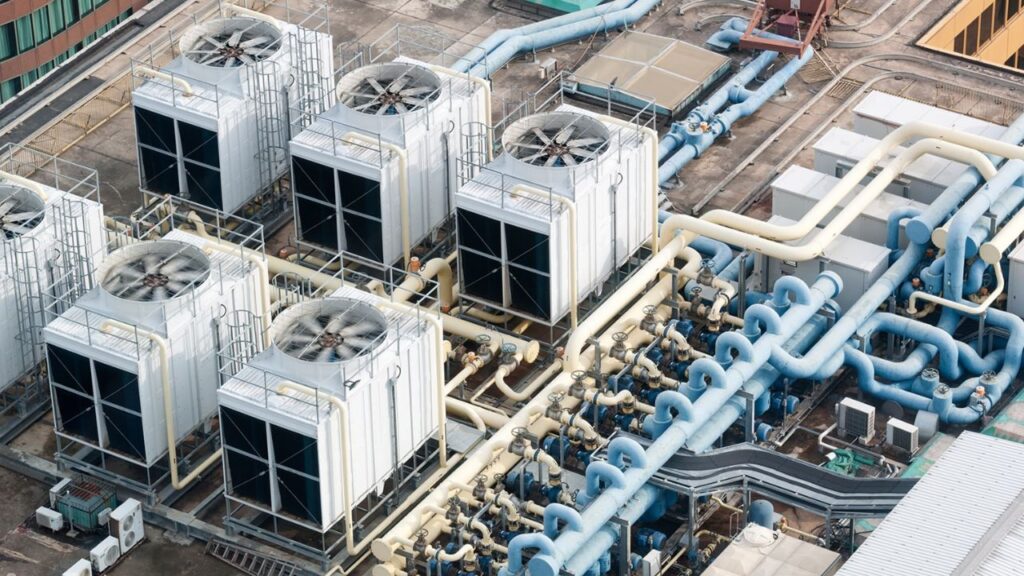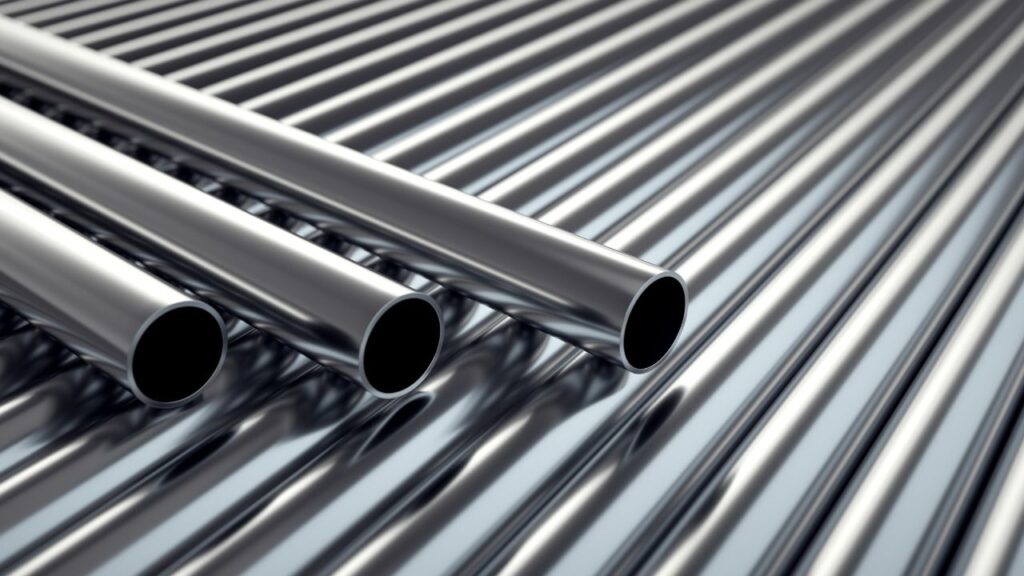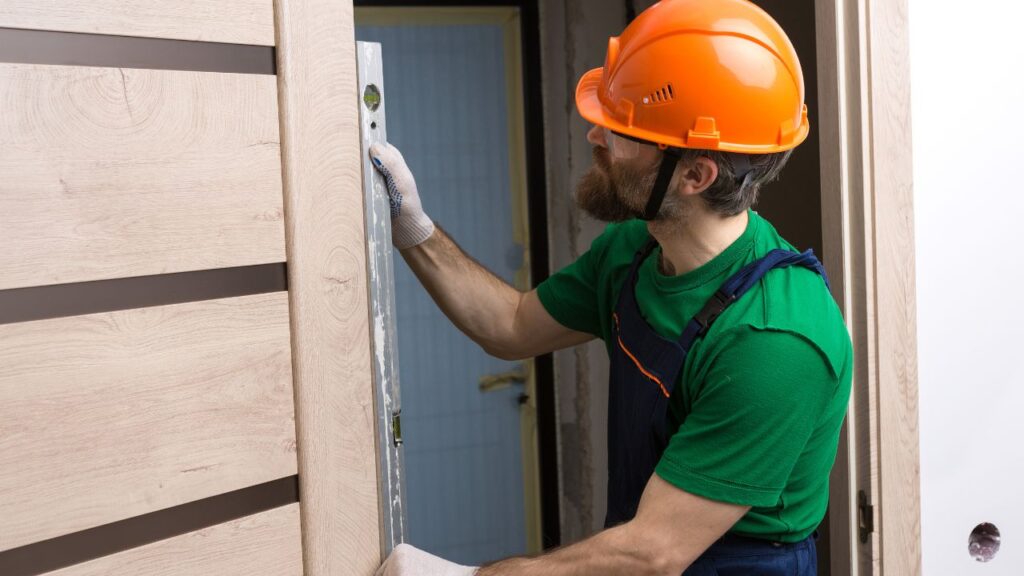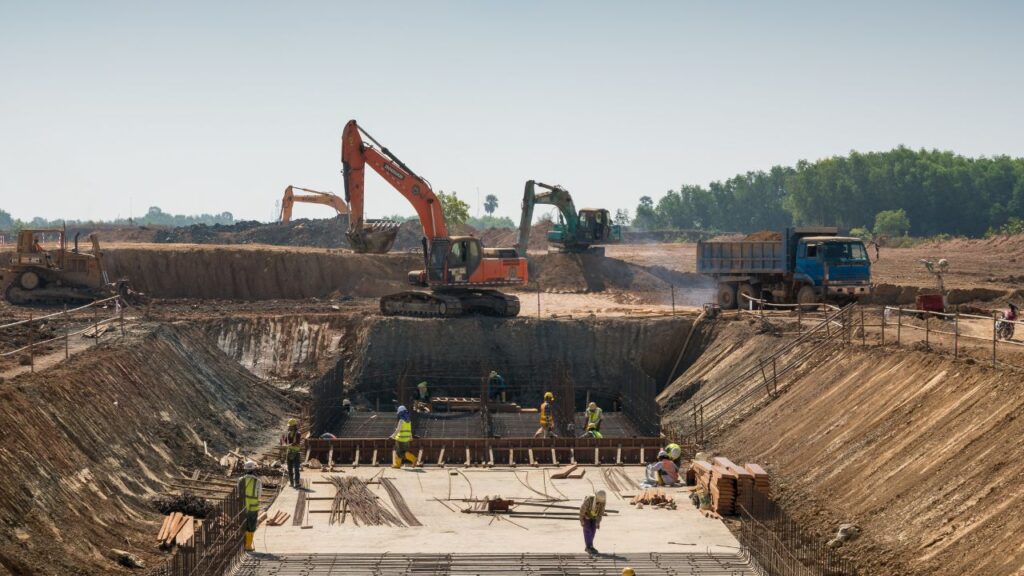- Homepage
- Blogs
Painting and Finishing Estimation Services
Leading provider of painting and finishing estimating.
Painting and finishing are essential elements of any construction or renovation project. These services go beyond aesthetics; they protect surfaces, improve property value, and create inviting environments. However, understanding the costs associated with these services is vital to avoid budget overruns. At Estimate Florida Consulting, we specialize in providing accurate and detailed cost estimations for painting and finishing services across Florida. Whether you’re a contractor, developer, or homeowner, this guide will simplify the complexities of estimating painting costs.
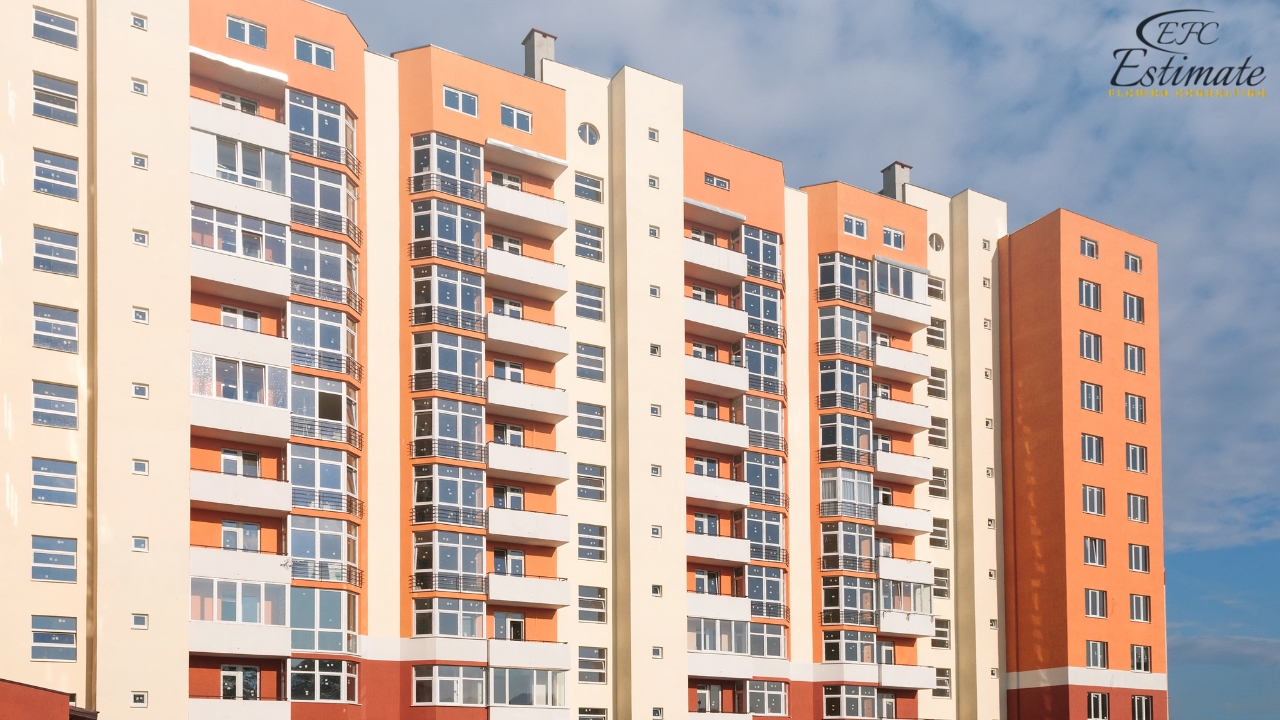
Painting Cost per Square Foot
Project Type | Cost per Square Foot |
Interior Painting | $2.50 – $5.00 |
Exterior Painting | $3.00 – $6.00 |
Industrial Coatings | $5.00 – $10.00 |
Decorative Finishes | $6.00 – $15.00 |
Why Painting and Finishing Estimation Matters
Accurate painting and finishing estimations ensure that you understand the financial requirements before starting a project. Estimations help contractors plan resources effectively, avoid surprises, and maintain profitability. For homeowners, knowing the costs upfront helps in selecting the right materials and services while staying within budget.
Types of Painting and Finishing Services
Residential Painting
Residential painting focuses on homes and living spaces. This includes both interior and exterior painting for single-family homes, multi-family residences, townhouses, and condominiums. Residential painting costs in Florida typically range from $2.00 to $4.50 per square foot, depending on the size, surface condition, and type of paint used.
Commercial Painting
Commercial painting involves larger-scale projects such as offices, retail stores, and warehouses. These projects often require specialized coatings and durable finishes to handle heavy usage. Commercial painting costs average between $3.00 and $6.50 per square foot, depending on complexity and materials.
Interior Painting
Interior painting services include walls, ceilings, doors, and trims. This type of painting often requires detailed surface preparation, which can increase costs. Interior painting costs range from $1.50 to $4.00 per square foot, depending on the level of detail and type of paint.
Exterior Painting
Exterior painting protects buildings from weather and enhances curb appeal. This involves painting walls, siding, trim, and other external surfaces. Exterior painting costs typically range from $2.50 to $5.50 per square foot, influenced by height, accessibility, and weatherproofing requirements.
Specialty Finishes
Specialty finishes, such as faux finishes, textured walls, and metallic coatings, are used for decorative purposes. These require more skill and custom materials, with costs ranging from $6.00 to $12.00 per square foot.
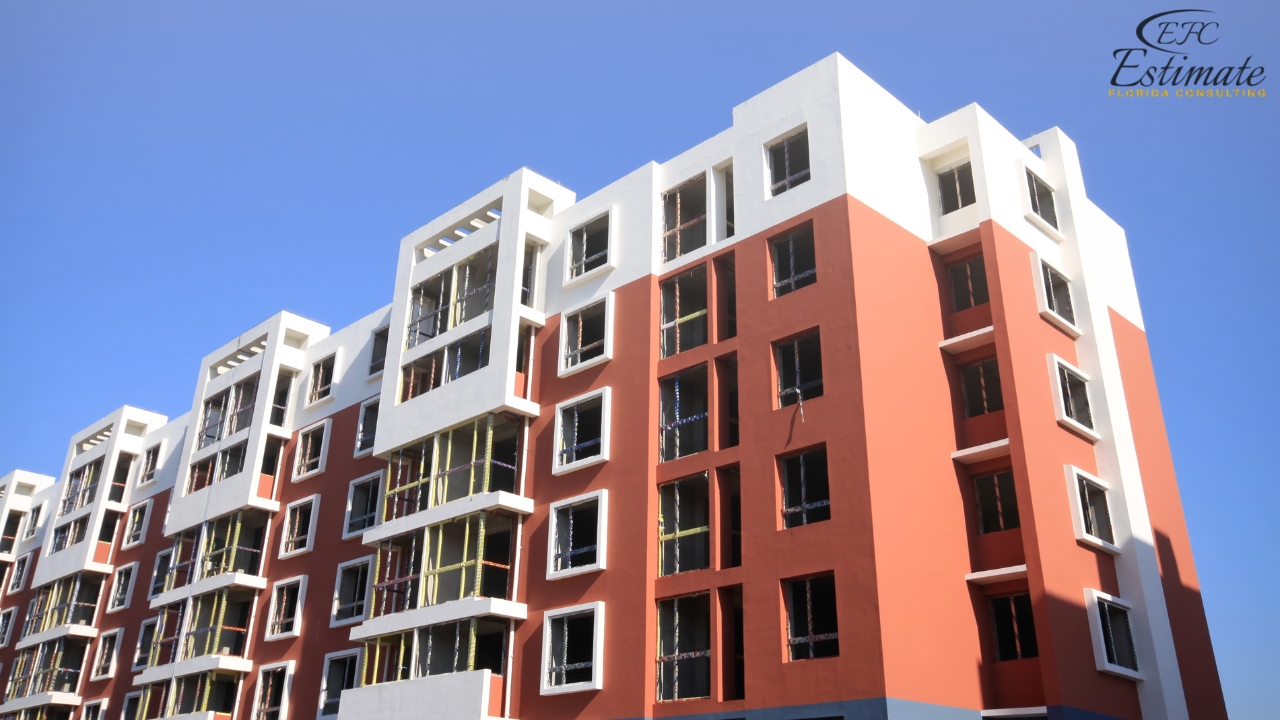
Cost Estimation for Painting Services
Residential Painting Costs
The cost of painting a residential property depends on the size of the home, surface preparation needs, and materials used. For example:
Home Size | Interior Cost | Exterior Cost |
1,500 sq. ft. Home | $3,000 – $7,000 | $4,500 – $9,000 |
2,500 sq. ft. Home | $5,000 – $12,500 | $7,500 – $15,000 |
3,500 sq. ft. Home | $7,500 – $17,500 | $10,500 – $21,000 |
Commercial Painting Costs
Commercial projects tend to have higher costs due to larger spaces and more demanding finishes. Average costs include:
Building Size | Cost Range |
Small Office (5,000 sq. ft.) | $15,000 – $35,000 |
Medium Office (10,000 sq. ft.) | $30,000 – $65,000 |
Large Warehouse (20,000 sq. ft.) | $60,000 – $130,000 |
Win More Projects With Us
Cost Breakdown of Painting and Finishing
Labor Costs
Labor is one of the biggest expenses in painting, usually making up 50% to 60% of the total cost. In Florida, professional painters charge an average of $40 to $70 per hour, depending on the complexity of the job and the level of expertise required.
Material Costs
Materials like paint, primers, and sealants are another major part of the budget. High-quality paint typically costs $25 to $75 per gallon, and painting an average-sized home usually requires 15 to 25 gallons for interior or exterior work.
Surface Preparation Costs
Preparing surfaces is an essential step that includes cleaning, sanding, and repairing walls. These tasks can add $1.00 to $3.00 per square foot to the overall cost, depending on how much work the surfaces need.
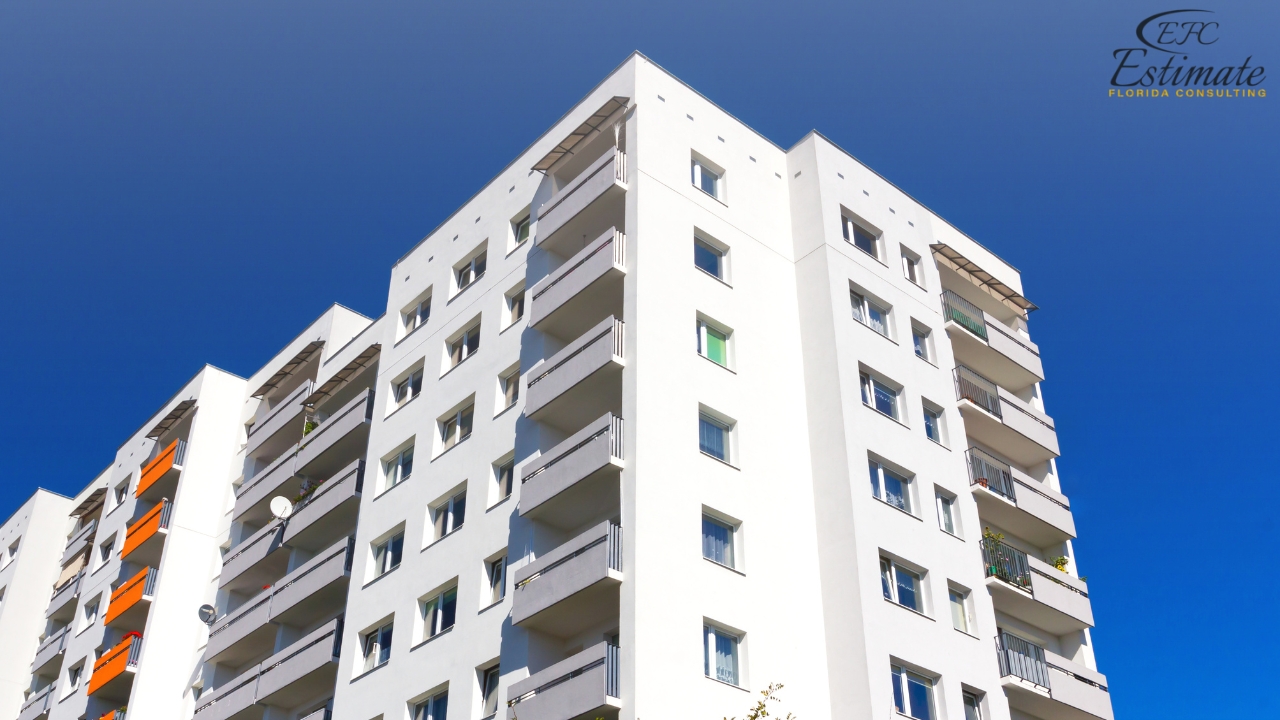
Specialty Coatings Costs
If you need specialty finishes, such as anti-graffiti paint, fireproofing, or waterproofing, expect to pay an additional $2.00 to $5.00 per square foot. These coatings are great for adding durability and extra protection but come at a higher price.
Painting Costs by Building Size
Single-Family Homes
Painting a single-family home can vary greatly in cost depending on factors like the size of the home, the type of paint used, and the complexity of the job. A smaller, one-story home with basic paint might cost closer to $4,000, while larger, two-story homes or properties with intricate architectural details can run up to $15,000 or more. The condition of the home also plays a role, as homes with peeling paint or significant prep work will cost extra. Additionally, the choice between interior and exterior painting, or both, can affect the overall cost.
Multi-Family Homes
Multi-family residences, such as duplexes, triplexes, or apartment complexes, typically require more materials and labor, which drives up the cost. Painting smaller multi-family homes may start at $15,000, while larger buildings with numerous units, detailed trim work, or high-quality finishes can reach up to $50,000 or more. The accessibility of the building and whether it requires scaffolding or specialized equipment for higher floors can also influence pricing. Customizations like different color schemes for each unit or accent walls may further increase costs.
Commercial Buildings
Commercial buildings, such as offices, warehouses, or retail spaces, are often much larger and require specialized paint and coatings to ensure durability. These projects typically range from $30,000 to $150,000, with larger spaces or buildings needing multiple coats or specific finishes costing more. For example, high-traffic areas like warehouses might require epoxy or industrial-grade paints that resist wear and tear. Custom branding or designs, such as company logos or accent walls, can add to the cost. The scope of the project also matters—whether it’s just walls, ceilings, and floors, or additional areas like exterior facades.
Get Acquainted with Estimation
Mastering Bids: 12 Pro-Level Bidding Tips for Construction Managers
Maximize Profits: Budgeting Hacks for Big Construction Projects
Additional Painting Services and Their Costs
Trim and Molding Painting
Painting trim and molding is a detailed process that enhances the overall look of a room by creating sharp, clean lines and contrasts. Prices range from $3.00 to $7.00 per linear foot, depending on the type of trim, its condition, and the paint quality. Basic trims might only require a single coat, while ornate moldings or those in poor condition could need more prep work, including sanding and priming. Specialty paints, such as high-gloss or enamel finishes, typically cost more but provide a more polished and durable look.
Cabinet Refinishing
Refinishing cabinets is a cost-effective way to upgrade kitchens or bathrooms without the expense of full replacements. The process typically involves removing the cabinet doors, sanding them down, and applying primer before painting. Costs range from $50 to $150 per cabinet, depending on the size, design, and complexity. Cabinets with intricate designs or those requiring color changes (e.g., dark wood to white) may involve more steps, such as multiple coats of primer and paint. High-quality finishes, such as semi-gloss or satin, not only look great but also provide durability for areas like kitchens, where surfaces are frequently touched.
Faux Finishes and Decorative Painting
Faux finishes and decorative painting techniques are an excellent way to create a unique and luxurious look in any space. Techniques like Venetian plaster, metallic finishes, or stenciling can transform walls into art pieces. These services cost $8.00 to $20.00 per square foot, depending on the complexity and customization required. For example, a simple metallic finish might be on the lower end, while intricate stenciling or multi-layered effects like marble or woodgrain can cost significantly more. Such finishes are especially popular in upscale homes, commercial spaces, or feature walls where a standout look is desired.
Common Mistakes in Painting Estimations
Skipping Surface Preparation
One of the most common mistakes in painting estimates is not accounting for the time and effort required for surface preparation. Proper preparation involves cleaning the walls to remove dirt or grease, filling cracks or holes, sanding rough surfaces, and applying primer to ensure the paint adheres well. Skipping or underestimating these tasks can lead to poor paint application and increased costs when problems arise mid-project. Neglecting surface preparation often means more time spent on fixes later, which can delay the project and increase labor costs.
Ignoring Equipment Costs
Painting may seem straightforward, but larger projects often require specialized tools and equipment that can significantly impact the budget. For instance, scaffolding is necessary for painting multi-story buildings, and paint sprayers can be essential for achieving a smooth finish on large surfaces. These items can either be rented or purchased, but their costs can add up quickly if not considered during the planning phase. Overlooking these expenses can result in unexpected financial strain or delays when you realize you don’t have the right tools.
Using Low-Quality Materials
Choosing cheaper paints and supplies might seem like a good way to save money, but it often leads to long-term issues. Low-quality paints tend to fade faster, chip easily, or require multiple coats to achieve adequate coverage, increasing both material and labor costs. Additionally, poor-quality finishes may not withstand environmental factors like humidity or UV exposure, especially in regions like Florida, where such conditions are common. Investing in high-quality materials upfront ensures better durability, a more professional finish, and fewer maintenance costs over time.
Factors That Affect Painting and Finishing Costs
When it comes to painting and finishing, several things can impact how much you’ll spend. Here are the main factors to keep in mind:
- Surface Condition: If the surface is damaged, cracked, or uneven, it takes more time and effort to prepare. This extra labor can increase your overall costs.
- Paint Quality: Using premium-quality paint might cost more initially, but it usually provides better coverage and lasts longer, saving money on future touch-ups.
- Accessibility: Painting hard-to-reach spots like high ceilings or multi-story exteriors requires special tools, equipment, and extra time, which adds to the cost.
- Customization: Fancy finishes, unique colors, or decorative designs can quickly drive up costs because they require extra materials and skilled labor.
Download Template For Painting Project Breakdown
- Materials list updated to the zip code
- Fast delivery
- Data base of general contractors and sub-contractors
- Local estimators

Conclusion
Painting and finishing are integral parts of any construction or renovation project, influencing both aesthetics and durability. Understanding the costs associated with these services helps contractors and homeowners make informed decisions, ensuring quality outcomes that fit within their budgets. At Estimate Florida Consulting, we specialize in providing detailed and accurate cost estimations tailored to your specific needs. Whether it’s residential, commercial, interior, or exterior painting, we’re here to help you achieve your vision while staying on budget.
Question Answer
Frequently Asked Question
To estimate a painting project, follow these steps:
- Measure the Area: Calculate the total square footage of the surfaces to be painted (walls, ceilings, or trim).
- Determine Material Needs: Account for the type and amount of paint, primer, and additional supplies like brushes and tape.
- Labor Costs: Estimate the time required for preparation, painting, and cleanup, multiplied by the hourly rate of the painters.
- Factor in Extras: Include costs for surface repairs, texturing, or special finishes if required.
- Add Overheads: Account for equipment rentals, travel, and contingencies. Combine these costs to arrive at the final estimate.
Yes, construction estimating services are highly valuable as they provide precise and professional cost assessments, saving time and reducing errors. They help contractors and clients plan budgets effectively, ensure competitive pricing, and avoid unexpected costs during the project. Estimating services are especially useful for large-scale or complex projects where accuracy is critical.
To prepare a contractor estimate:
- Review Project Details: Understand the scope, client requirements, and any special considerations.
- Perform a Site Visit: Assess the site to identify challenges, material needs, and labor requirements.
- Break Down Costs: Separate costs for labor, materials, equipment, and overheads.
- Include Contingencies: Allocate a buffer for unforeseen issues.
- Compile a Detailed Estimate: Present the costs in an organized format, providing transparency for the client.
A paint takeoff is the process of calculating the quantities of paint and materials required for a project. It involves analyzing blueprints or conducting measurements to determine the total square footage of surfaces and factoring in the number of coats, type of paint, and any additional finishes.
- Takeoff: Refers to the process of measuring and calculating material quantities from drawings or site assessments.
- Estimate: Combines the takeoff data with labor, overhead, and other costs to determine the total project price.
Painters remove old paint using techniques like:
- Scraping: Manual or power tools scrape away loose paint.
- Sanding: Sandpaper or orbital sanders smooth the surface and remove layers of paint.
- Chemical Strippers: These dissolve old paint for easier removal.
Heat Guns: Heat softens the paint, allowing it to be scraped off.
The decision depends on the condition of the old paint:
- Paint Over: Suitable if the existing paint is in good condition, with no peeling, cracks, or major damage. Ensure the surface is clean and primed.
- Remove Old Paint: Necessary if the paint is peeling, flaking, or incompatible with the new paint type. Removing ensures better adhesion and a longer-lasting finish.
Yes, pressure washing can remove old paint, especially on exteriors. However, it should be done carefully to avoid damaging the surface. Use a medium pressure setting and an appropriate nozzle. For stubborn paint, combine pressure washing with scraping or chemical stripping.
Comprehensive Trade-Specific Estimates
At Estimate Florida Consulting, we offer detailed cost estimates across all major trades, ensuring no part of your project is overlooked. From the foundation to the finishing touches, our trade-specific estimates provide you with a complete and accurate breakdown of costs for any type of construction project.

Testimonials
What Our Clients Say
We take pride in delivering accurate, timely, and reliable estimates that help contractors and builders win more projects. Our clients consistently praise our attention to detail, fast turnaround times, and the positive impact our estimates have on their businesses.
Estimate Florida Consulting has helped us win more bids with their fast and accurate estimates. We trust them for every project!

Steps to Follow
Our Simple Process to Get Your Estimate
01
Upload Plans
Submit your project plans, blueprints, or relevant documents through our online form or via email.
02
Receive Quotation
We’ll review your project details and send you a quote based on your scope and requirements.
03
Confirmation
Confirm the details and finalize any adjustments to ensure the estimate meets your project needs.
04
Get Estimate
Receive your detailed, trade-specific estimate within 1-2 business days, ready for your project execution.





